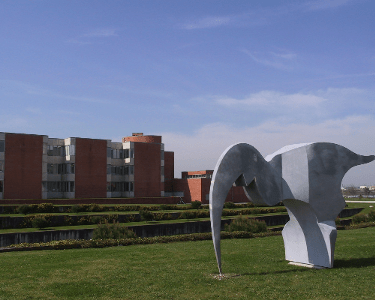
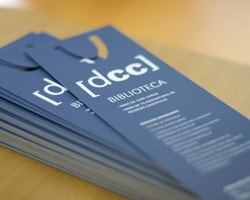

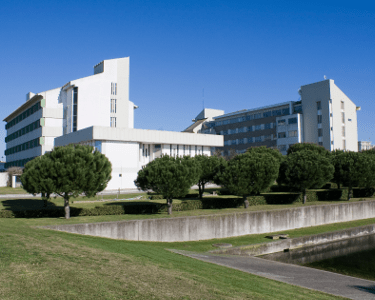

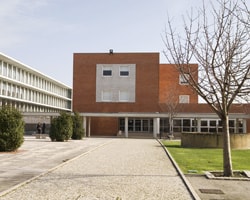
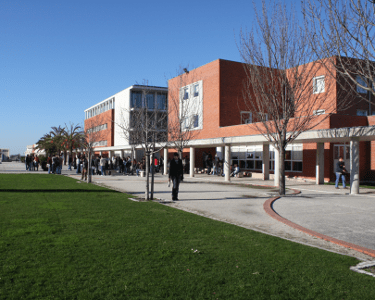
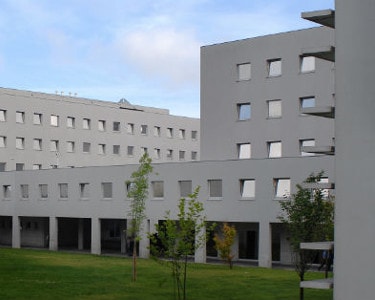
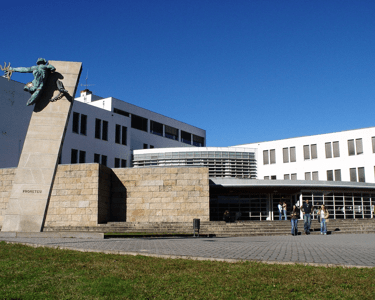

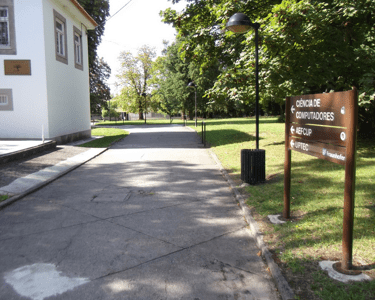
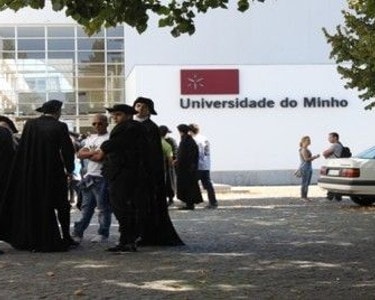
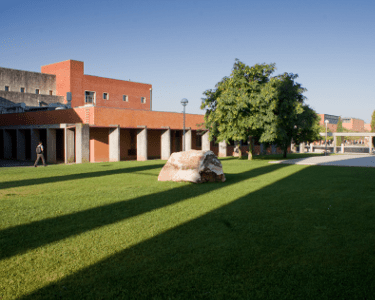
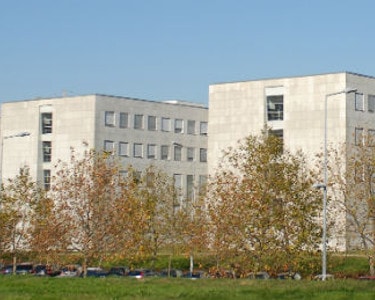
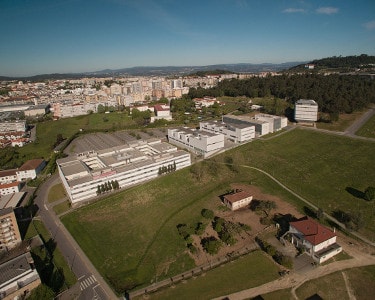


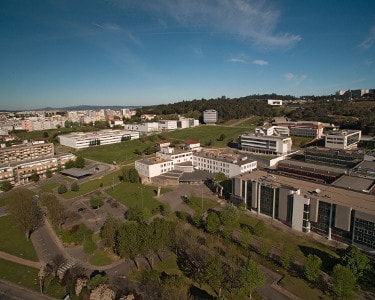
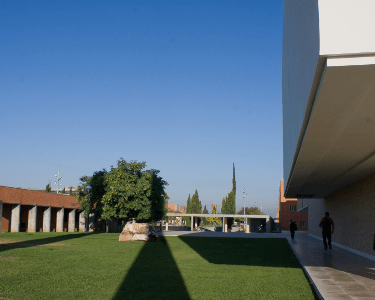

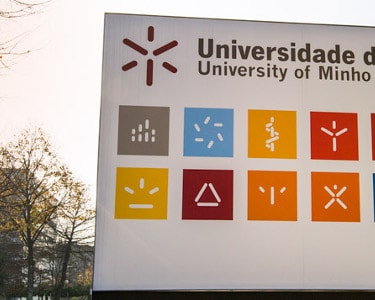
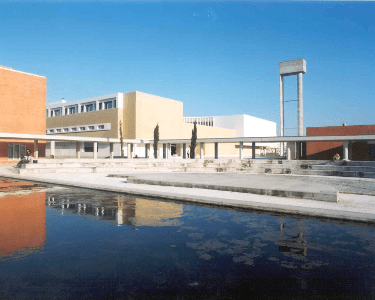
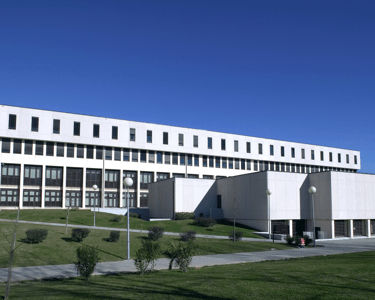
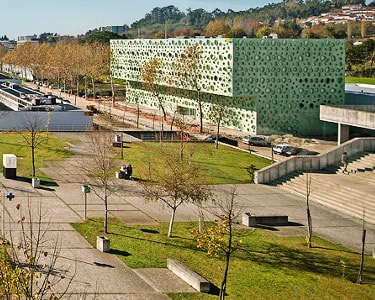
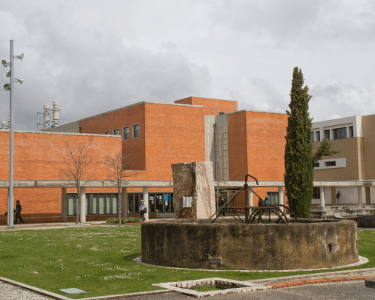
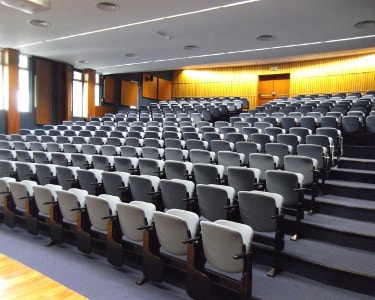
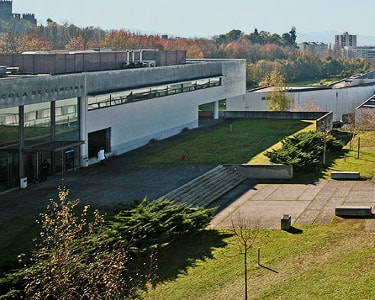



























MAPi Seminar 2025/2026 - Tuesdays, DI 0.02 (A1, ground floor), 14h30-16h00 (.pt time)
(Upcoming: 25 November; 2 (paper checkpoint); 9 December)
25.11.2025 – "The Nine Lives of a Researcher: From Linear Algebra to Digital Twins and Back Again", Prof. Hugo Macedo, Dept. of Informatics, University of Minho
Abstract: Researchers, like cats, seem to have multiple lives - though ours are usually spent hopping between research positions rather than chasing lasers. In this talk, I’ll offer a glimpse into the nine lives (and counting) of my research journey, which has leapt gracefully - and sometimes unexpectedly - across countries and domains from typed linear algebra in Portugal to malware analysis in France and digital twins for Water 4.0 in Denmark, to name a few… Research tends to move in circles, we also chase our own tails, so I will also talk about my returns to previous subjects and places. With equal parts humor and reflection, the talk aims to provide an account of one kind of career you may pursue after your PhD and to convince you that, with enough creativity (and perhaps a few extra lives), a researcher can always land on their feet, no matter where they put their focus on… after all… curiosity did not kill the researcher, though my results on the universal law of the tensor product might bury your awakeness... To me it makes me purr...
18.11.2025 – "Engineering Formal Specifications: Languages, Tools, and Practice", Prof. Nuno Macedo, Dept. of Informatics, University of Minho
Abstract: Formal specifications provide mathematically precise and unambiguous descriptions of system behavior, enabling rigorous reasoning, automated analysis, and the early detection of design and implementation flaws. As software development increasingly operates at higher levels of abstraction, such specifications have the potential to play an even more central role in ensuring correctness and reliability. Yet their widespread adoption remains challenging: specification languages must balance expressive power and formal rigor with usability and accessibility. They must also integrate with automated tools for analysis, verification, validation, and visualization, while addressing human factors such as readability, learnability, and seamless integration into development workflows.
In this talk, I will first give an overview of the field of formal specification, outlining key concepts, techniques, and applications. I will then present my work on designing specification languages for expressive logical frameworks, developing automated analysis techniques and tools to support specification writing and debugging, and studying human aspects such as comprehension and education. Finally, I will discuss open challenges and future directions for making formal specifications more accessible, effective, and integrated into everyday software engineering practice.
11.11.2025 - "From Interoperability to Responsibility: Fundamentals of openEHR for Ethical AI in Healthcare", Prof. Diana Lisandra Ferreira, Dept. of Informatics, University of Minho
Abstract:
The ongoing digital transformation of healthcare ecosystems, catalyzed by the widespread adoption of Electronic Health Records (EHR) and advances in Artificial Intelligence (AI), has profoundly reshaped the ways in which clinical knowledge is generated, shared, and applied. Nevertheless, the integration of clinical data into intelligent systems poses significant challenges in terms of interoperability, data quality, and ethical considerations. In this scenario, openEHR emerges as an open and technologically agnostic specification that promotes the structured and semantically persistent representation of clinical data in a domain historically characterized by technological transience.
This research investigates the capacity of openEHR to serve as a technical and normative infrastructure for the development of AI-driven healthcare systems that reconcile scientific rigor, algorithmic transparency, and axiological responsibility. Central to this investigation is an in-depth analysis of the openEHR standard, coupled with the conceptualization and design of a software platform engineered for the structured and semantically meaningful storage of clinical data, fully aligned with its governing principles and guidelines. The goal is to establish a structured data layer that provides a solid foundation capable of underpinning interoperability and facilitating the future integration of intelligent applications, in compliance with the European Commission’s guidelines for trustworthy AI and the EU AI Act.
Furthermore, the research explores the incorporation of intelligence components into EHRs, particularly using Decision Logic Modules (DLMs), exploring their potential to support clinical processes and decision support systems. The methodological approach combines conceptual analysis, software engineering, and experimental validation through clinical use cases. The research aims to contribute to a more ethical, interoperable, and intellectually assisted digital health ecosystem, in which openEHR is consolidated as a structural and normative pillar of modern clinical information, thereby enabling the development of AI systems that are both human-conscious and socially responsible.
04.11.2025 - "Secure Programming Frameworks", Prof. Hugo Pacheco, Dept. of Informatics, University of Minho
Abstract:
The design and development of secure programming frameworks represents a longstanding interdisciplinary challenge at the crossroads of programming languages and cryptography. From the programming languages perspective, foundational questions center on how to extend traditional languages to express computations over secure data, and how to declaratively specify user-driven security policies that can be automatically enforced or verified. From the cryptographic perspective, the focus is on designing and implementing protocols that enable secure computation, along with formal proofs that these protocols satisfy rigorously defined security properties. Although these two communities have historically evolved in parallel, recent years have witnessed a growing convergence toward a unified goal: secure compilation—the process of translating high-level programs into cryptographic protocols that execute securely while providing end-to-end guarantees of both correctness and security preservation.
In this talk, the speaker will offer a historical overview of this evolving field, reflecting on his personal journey, key contributions, and the pivotal milestones achieved through the synergy between programming languages and cryptography. He will also discuss the open challenges that continue to shape his current and future research directions.
28.10.2025 - "Artificial Intelligence in Hybrid Systems: Theoretical and Multidisciplinary Foundations", Prof. Francisco Marcondes, Dept. of Informatics, University of Minho
Abstract:
(...) (short version)
The seminar will begin with a brief exposition on the theoretical foundations of Artificial Intelligence, followed by the presentation of the ongoing research lines, framed within the scope of hybrid systems, with an emphasis on their current stage of development. The aim is to demonstrate how the articulation between theory and application has supported a multidisciplinary approach to AI, involving domains such as law, education, and the study of disinformation. In particular, it seeks to show how hybrid systems integrate neuro-symbolic aspects with the human dimensions of interpretation and meaning.
21.10.2025 - Seminar 03 - "Dependable Distributed Systems", Prof. Ana Alonso, UM
Abstract:
In this talk, I will present research topics on the intersection of distributed systems, fault tolerance, and data management.
Broadly, dependable systems remain safe (correct) and highly available (responsive) even when failures occur. I will first give a short overview of the road so far. Next, I will present recent research on heterogeneous database replication, which uses diversity in replicas to ensure fault independence. As replica diversity is an opportunity but also a challenge, we use LLMs to tackle it without introducing single points of failure and eschewing the need for complex middleware. This is particularly relevant as the usefulness of replication as a key tool for fault tolerance hinges on fault independence among replicas. Then, I will present an ongoing research project working to provide result attestation for database queries. The approach uses a distributed architecture with a trustworthy third party that enables the detection of inconsistencies among provided results, without having to reveal the contents of the database to the third party. Applications include enabling service providers to publish attested KPIs without revealing sensitive business- or client-related information. I will close the talk by pointing out research directions in these and related topics.
14.10.2025 - Seminar 02 - "High-Speed High-Assurance Cryptography", Prof. Tiago Oliveira, UM
Abstract: The development of cryptographic implementations is a challenging task. Cryptographic operations are, in general, computationally expensive and often need to be carefully implemented with respect to performance. On top of this concern, implementations also need to include countermeasures against side-channel attacks; attacks that exploit information about the physical execution of the algorithms, such as execution time. Yet another concern is correctness: how can we firmly assert that a given implementation performs the computations that it is supposed to perform? It is important to note that bugs in this context can compromise security. The use of formal methods is the answer. In this talk, the speaker will explain, first, the challenges of implementing high-speed and high-assurance cryptographic algorithms, and second, how these challenges have been tackled by recent research results in which the speaker is involved.
07.10.2025 - Seminar 01 - "From Research to Publication: Disseminating Scientific Knowledge", Prof. Rui Borges Lopes, University of Aveiro
Events
Check incoming events
FAQ
For incoming Students
Check FAQ's for incoming students for answers to commonly asked questions.
FAQ
For current Students
Mailing List
Subscription